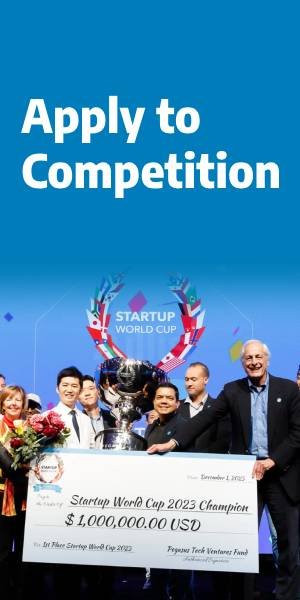Boeing workers in the United States have voted to approve the company’s latest pay offer, effectively ending a seven-week strike that significantly disrupted operations at the aerospace giant.
The newly agreed contract will see workers receive a substantial 38% wage increase over the next four years, a victory for the International Association of Machinists and Aerospace Workers (IAM) union, which represents around 30,000 striking employees.
Follow THE FUTURE on LinkedIn, Facebook, Instagram, X and Telegram
With the agreement now in place, workers can begin returning to their jobs as early as Wednesday, but no later than November 12, according to the IAM. The strike, which started on September 13, had a considerable impact on Boeing’s factories, leading to a major slowdown in production and exacerbating ongoing challenges for the company.
The union confirmed that 59% of its members voted in favour of the new contract, which not only includes the pay raise but also offers a one-time $12,000 (£9,300) bonus and revisions to the workers’ retirement plans.
Jon Holden, the IAM leader, described the agreement as a win for the workers, saying, “Through this victory and the strike that made it possible, IAM members have taken a stand for respect and fair wages in the workplace.”
Initially, the union had demanded a 40% wage increase and rejected two earlier proposals from Boeing. Despite the difficult months leading to the agreement, Boeing’s CEO Kelly Ortberg expressed a unified sentiment, stating, “While the past few months have been difficult for all of us, we are all part of the same team,” and emphasized the company’s commitment to restoring its reputation for excellence.
The strike drew significant attention from the U.S. government, with acting U.S. Labor Secretary Julie Su visiting Seattle last month to assist in the negotiation process. The strike has cost Boeing nearly $10 billion, according to the Anderson Economic Group, contributing to Boeing’s financial challenges.
For the three months ending September, Boeing reported $4 billion in operating losses for its commercial aircraft business. In response, the company launched a $20 billion share sale and warned that prolonged disruptions could lead to credit rating downgrades, which would raise borrowing costs.
The company has also announced plans to lay off about 17,000 workers, with the first redundancy notices expected in mid-November. This marks the latest chapter in a difficult year for Boeing, which has already faced setbacks, including a mid-air failure involving one of its passenger planes and reputational damage to its space division following the aborted Starliner mission.



